In many circles, especially in left-leaning environments, to call an idea “progressive” today is not to describe it; it is to shield it from critique. It lands as a moral verdict: a declaration that something is newer, therefore better; disruptive, therefore just. Question it, and you risk being cast as regressive, reactionary, or worse.
However, what if progress—real progress—is more complicated than often assumed? What if some of what we celebrate as “progress” is not movement toward flourishing, but toward confusion, instability, and decline?
The hope for progress lies deep within the human spirit. It reflects our instinct to heal injustice, elevate individual dignity, and move closer to genuine equality. Much of what we rightly honor—universal suffrage, the abolition of slavery, civil rights—was won through cooperative moral effort. But progress, in itself, is not inherently good. Nor is it a synonym for justice. It simply means change over time. And whether a change improves or corrodes human life depends not on its novelty or popularity, but on its direction and consequences.
That’s the question we must recover: progress toward what?
Without a shared moral horizon, change becomes disorienting. Movements once grounded in reason, tradition, or natural law now drift on the tides of sentiment and ideology. We mistake the new for virtue and disruption for insight. Cultural momentum masquerades as ethical clarity. More often than not, such change proceeds with little serious discussion about what it truly entails or whom it ultimately serves.
Consider how often the phrase “the right side of history” is invoked to silence rather than persuade. It suggests a future already written, a moral arc that bends inevitably toward today’s emerging views. Yet, history offers no such guarantee. It is strewn with ideas once considered enlightened: scientific racism, which underpinned policies such as apartheid in South Africa; and Marxist utopianism, which fueled authoritarian governments from the Soviet Union and communist China to newer regimes in Venezuela and Nicaragua. The road to ill-fated progress has usually been paved with ethical certainty unmoored from historical consciousness.
Eugenics, once hailed as enlightened social policy in much of the West, led to racial hierarchies, forced sterilizations, and the dehumanization of society’s most vulnerable. Today, we rightly recoil at the thought of such abuse. But we too often overlook what gave it power: the conviction that good intentions, cloaked in modern rhetoric, placed an idea beyond critique. For instance, Charles Davenport, a leading biologist in the early 20th century, spoke of eugenics as “the self-direction of human evolution,” while Julian Huxley, another biologist of the time, warned that advances in welfare and medicine had weakened natural selection’s mechanisms, and that society had to regain control over who could reproduce. Advocates presented the concept as scientific, humane, and responsible. And that is what made it especially persuasive and dangerous.
The same pattern continues to infect other movements. Efforts to reform criminal justice and decriminalize drugs are motivated by sincere concerns for equity and compassion. Nevertheless, in several major cities, these initiatives have coincided with sharp increases in crime, homelessness, and addiction. Dismantled in some places in the name of equity, educational programs for highly exceptional students are known to be helpful for gifted children from all backgrounds. Clearly, humane instincts detached from pragmatic considerations do not always serve the vulnerable—instead, they sometimes endanger them.
Still, this is not a polemic against progressivism. It is a plea for ethical discernment. As we consider the future, political ideas must be judged not by their rhetorical appeal or popularity but by how well they ally with essential realities: human nature, social consequences, and enduring moral truth.
Beneath it all lies a much deeper crisis: We no longer agree on what human nature is. The ethical frameworks that once gave Western societies structure—Judeo-Christian anthropology, classical philosophy, Enlightenment natural law—have been replaced with vague affirmations of autonomy and emotional well-being. The late philosopher Alasdair MacIntyre warned in 1981 in After Virtue that our moral debates had become incoherent because we had lost our shared telos: our vision of human purpose. In its absence, we are left with human will. And the will, unbounded by nature or tradition, becomes its own justification.
This dilemma is nowhere more visible than in today’s debates around gender identity. Across the nation, children are encouraged to self-identify earlier than they can legally consent to a piercing. Biological realities are often treated as immaterial and developmental psychology is sidelined. Moreover, adults who raise good-faith concerns are often labeled reactionary, if not bigoted. The result is a policy regime that mistakes mere affirmation for care.
This is not progress. It is institutionalized confusion.
This disorientation reflects a deeper shift in our moral grammar, which several thinkers have tried to explain. For example, psychologist Jonathan Haidt, in his 2012 book The Righteous Mind, points to cross-cultural surveys demonstrating that progressive intuitions tend to prioritize care and fairness—valuable instincts, to be sure—but often at the expense of communal authority, sanctity, responsibility, and loyalty. The result is an ethical code that is emotionally compelling but brittle. Although it elevates subjective experience, it neglects the hard work of building cohesive and stable communities.
Steven Pinker’s neuroscientific research adds weight to this concern. In his 2002 book The Blank Slate, he challenges the belief that human beings are born as formless clay, wholly shaped by culture, environment, or will. He argues that viewing people as having such malleability “is like trying to train a cat to fetch. You can do it, but it’s a lot easier if the animal has some fetching in its nature.” Progressivism’s faith that identity is entirely self-created—and that nature is merely an obstacle to overcome—may sound liberating. Nevertheless, it often leads to alienation, anxiety, and dislocation. What feels freeing, paradoxically, can end in a loss of oneself.
Political philosopher Michael Sandel offers an additional perspective in Justice: What’s the Right Thing to Do? He argues that freedom exists not merely as the absence of constraint, but as the opportunity to cultivate personal character. Thus, while a society that prizes autonomy may produce individuals who are free to make choices, without moral formation, they are unprepared to choose well.
And that is the crux: Real progress is not about expanding choice, but elevating judgment. This requires structures, boundaries, and a willingness to say “no” to what diminishes human dignity, erodes moral responsibility, or severs individual identity from reality—even when it is popular.
For that reason, tradition is not the enemy of progress, but its necessary companion. Real progress does not reject the past outright; it listens to it. It sifts through it, preserves hard-won lessons, and carries forward what is true. The point is not to idealize the past, but to recognize that today’s human beings are not so enlightened that we can ignore everything that came before us.
In our time, the danger is not stagnation, but unguided acceleration: a breakneck march into the unknown, propelled by the assumption that history is necessarily on our side. But history, properly understood, is not a narrative of inevitable triumph. It is a record of fragile gains, hard-won insights, and painful losses when vision gives way to vanity.
That is why restraint is not weakness, and memory is not regression. To temper change with principle is not to oppose justice, but to preserve it. A civilization forgetful of its roots is not free; it is adrift. And people who inherit liberty but discard the structures that sustain it are not progressing; they are unlearning how to be free.
Not all change is progress. Indeed, some change has been regress: dressed in moral language, cheered by institutions, insulated from scrutiny. Yet, real progress—the kind that builds and that lasts—makes us more human.
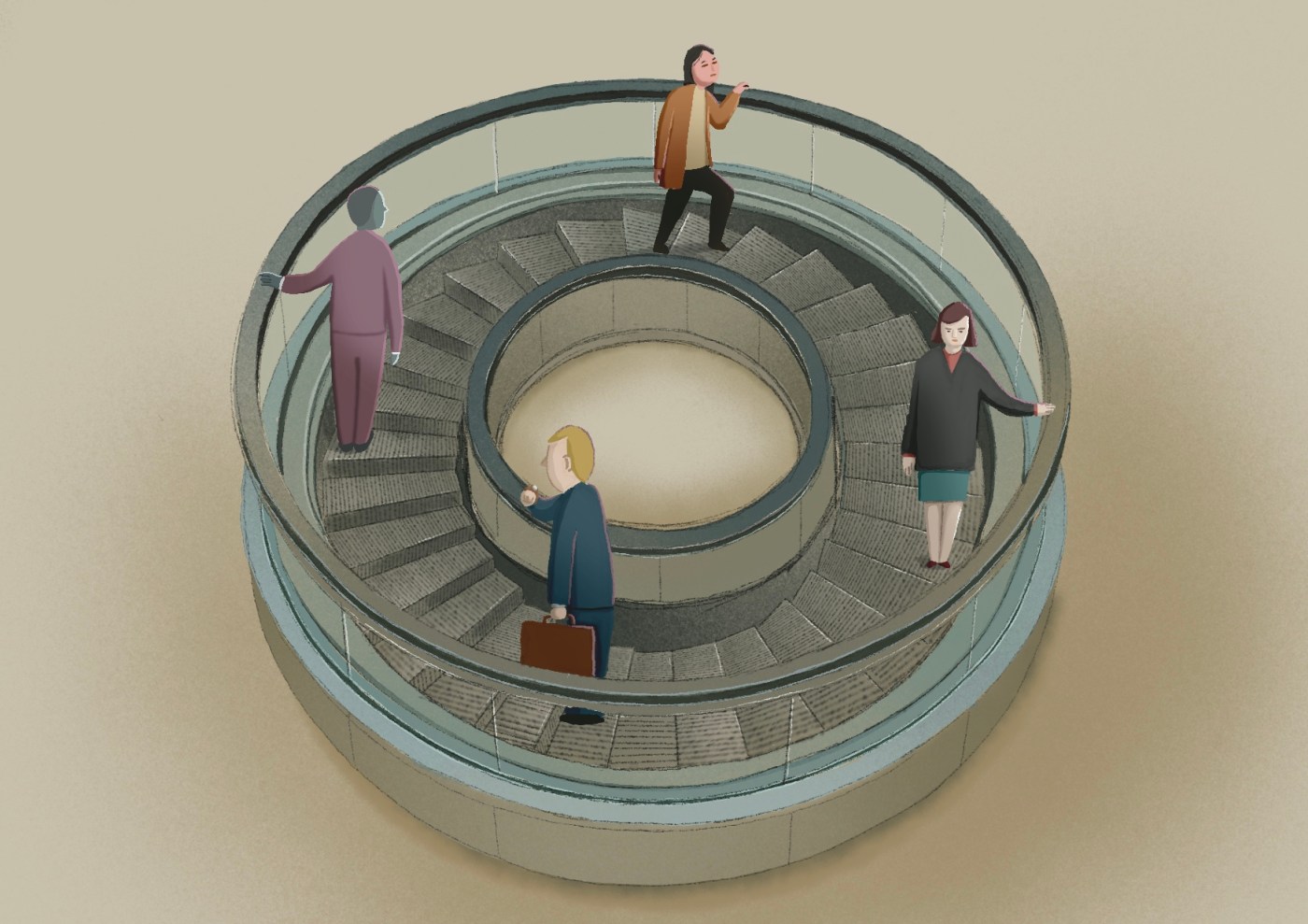

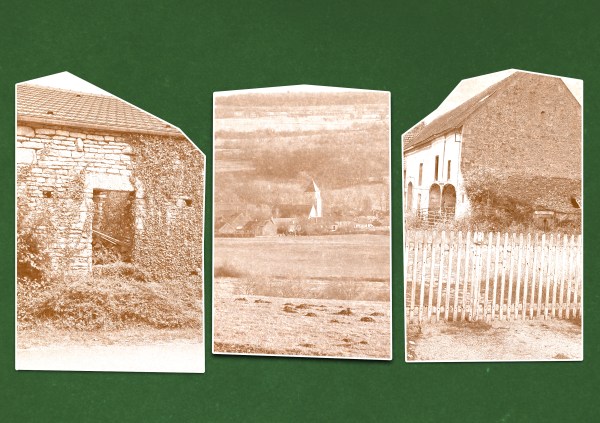
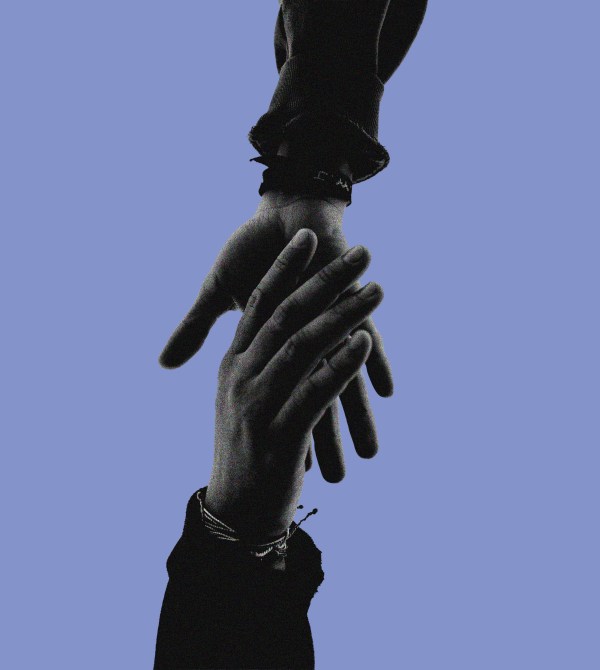
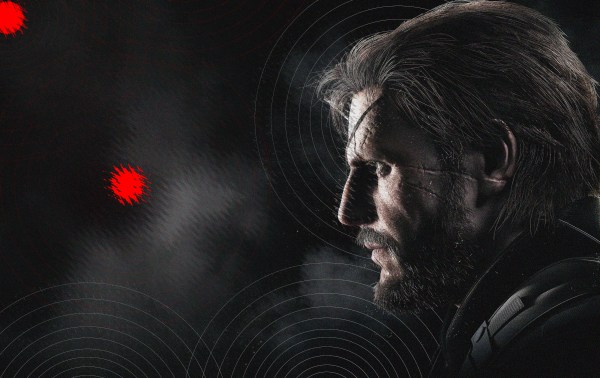
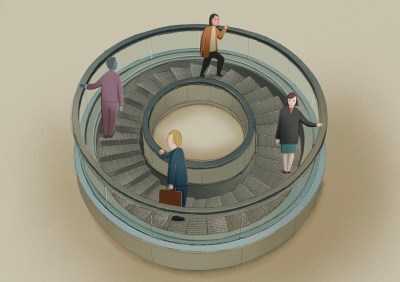
Please note that we at The Dispatch hold ourselves, our work, and our commenters to a higher standard than other places on the internet. We welcome comments that foster genuine debate or discussion—including comments critical of us or our work—but responses that include ad hominem attacks on fellow Dispatch members or are intended to stoke fear and anger may be moderated.
With your membership, you only have the ability to comment on The Morning Dispatch articles. Consider upgrading to join the conversation everywhere.